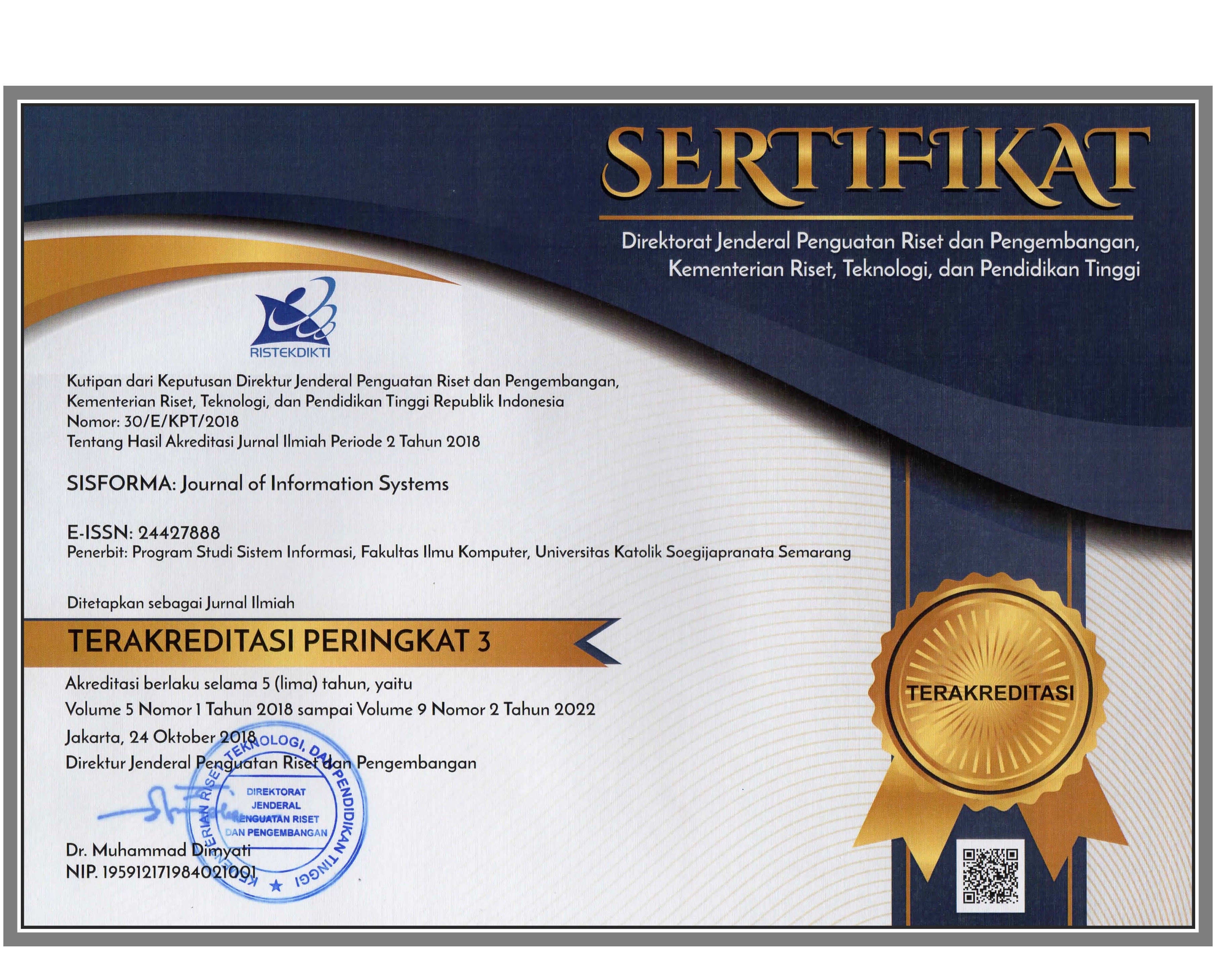Designing Tommy and Pokina Educative Language Game Software: a Transnational Popular Culture Project
Abstract
Products of popular culture are many. One of those is educative language game software. Not only is a game useful in combating boredom, but a game can increase someone’s education capability. The PC (personal computer) a TOEFL-like game software created by the researchers applies the American TOEFL (Test of English as a Foreign Language) as a basis of the game. It has transnational qualities because it integrates some local Indonesian culture into an American based English competence test. Being a transnational product, the game induces creativity for a number of Indonesian-English students to have a global imagination. The popular culture product named Tommy & Pokina language game software is an educative game produced for 8th grade students studying at Junior High School. In designing the game, the method of symbolic analogy with the use of simple objects becomes the main characteristics of the game. In its visualization, the design process makes use of not only particular graphics, visualization effects, typography and interface; but also a number of other aspects. The aspects include the object’s illustrations, viewpoint, composition, and layout in developing the game’s visualization. These aspects are found to be valuable in designing the game.
Keywords
Full Text:
PDFReferences
E. M. Dukut, “A Popular Culture Research on American Hegemony in Transnational Women Magazine Advertisements,” Rubikon: Journal of Transnational American Studies, vol. 2, no. 1, pp. 64–82, 2015. Available: DOI:http://repository.unika.ac.id/15539/1/Eka.Rubikon%20vol%202%20no%201.pdf [Accessed: 20-July-2017].
P.-M. Noemí and S. H. Máximo, “Educational games for learning,” Universal Journal of Educational Research, vol. 2, no. 3, pp. 230–238, 2014. Available: DOI: 10.13189/ujer.2014.020305.
W. Wibawanto, “Pengembangan Aset Visual dalam Game Simulasi Pertanian Organik ‘Astro Farmer’ dengan Pendekatan Symbolic Analogy,” Imajinasi: Jurnal Seni, vol. IX, no.1, 2015. Available: https://journal.unnes.ac.id/nju/index.php/imajinasi/article/view/8854 [Accessed: 20-July-2017].
W. Wibisono and L. Yulianto, “Perancangan Game Edukasi Untuk Media Pembelajaran Pada Sekolah Menengah Pertama Persatuan Guru Republik Indonesia Gondang Kecamatan Nawangan Kabupaten Pacitan,” J. Speed-Sentra Penelit. Edukasi, vol. 2, no. 2, pp. 37–42, 2010. Available: DOI: http://dx.doi.org/10.3112/speed.v2i2.878 [Accessed: 20-June-2017].
H. I. Augustien, “The 2013 English Curriculum: the Paradigm, Interpretation, and Implementation,” Recent Issues in English Language Education: Challenges and Directions, pp. 39–64, 2014.
E. M. Dukut, M. P. Utami, A. Nugroho, N. I. Putri, and P. Y. Nugrahedi, “Using Popular Cultures Media of Indonesian - English Picturebooks as a Way of Reaching More Vegetable Consuming Children,” A Journal of Culture, English Language Teaching & Literature., vol. 14, no. 1, pp. 36–47, 2014. Available: DOI:https://doi.org/10.24167/celt.v14i1.55 [Accessed: 20-July-2017].
C. A. Wulandari, “‘ Wisata Budaya Jawa Tengah ’ Game as a Means of Preserving the Culture of Central Java,” SISFORMA, vol. 4, no. 2, pp. 28-33, 2017. Available: DOI:10.24167/sisforma.v4i2.1171.
N. Yanti, R. Sanjaya, and F. H. Prasetya, “Graphic Design of ‘ Green Mission’ Education,” SISFORMA, vol. 4, no. 2, pp. 1–6. Available: DOI:10.24167/sisforma.v4i2.1297.
W. Wibawanto, “Pengembangan Aset Visual dalam Game Simulasi Pertanian Organik ‘Astro Farmer’ dengan Pendekatan Symbolic Analogy,” Imajinasi: Jurnal Seni, vol. IX, no.1, 2015. Available: https://journal.unnes.ac.id/nju/index.php/imajinasi/article/view/8854 [Accessed: 20-July-2017].
E. M. Dukut, “Popularizing Indonesian scenes through picturebooks and digital animation software: a World Englishes teaching idea,” Asian Englishes, 2018. Available:
DOI:10.1080/13488678.2018.14590
DOI: https://doi.org/10.24167/sisforma.v5i2.1755
Refbacks
- There are currently no refbacks.
SISFORMA: Journal of Information Systems | p-ISSN: 2355-8253 | e-ISSN: 2442-7888 | View My Stats

This work is licensed under a Creative Commons Attribution 4.0 International License.





















